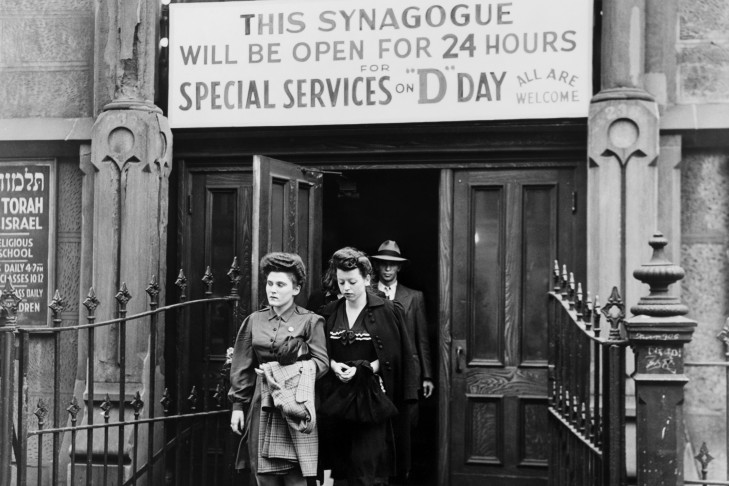It is a federally proclaimed period that you have probably never heard of—May is Jewish American Heritage Month (JAHM). This makes the Jews the only religious group in the United States to have a month dedicated to their history. Yet no one in the government, the media and even within the Jewish community gives JAHM much thought. There is no staff to organize an official commemoration, and no Jewish organizations provide any funding.
JAHM, one of 10 congressionally officially proclaimed months, seems to have been ignored. Contrast JAHM to the high-profile African American History Month, celebrated each February, with curricula in schools across the country and a heavy media presence. There are also well-publicized months dedicated to causes such as disability awareness, banned books and gay and lesbian pride.
President George W. Bush first proclaimed the month of May as Jewish American Heritage Month in 2006. According to JAHM’s website, “The announcement was the crowning achievement in an effort by the Jewish Museum of Florida and South Florida Jewish community leaders that resulted in resolutions introduced by Rep. Debbie Wasserman Schultz of Florida and Sen. Arlen Specter of Pennsylvania urging the president to proclaim a month that would recognize the more than 350-year history of Jewish contributions to American culture.”
The choice of May as the month to commemorate Jewish American achievements came on the heels of a notable celebration—the 350th celebration of American Jewish history in May 2004. Jonathan Sarna, the Joseph H. and Belle R. Braun Professor of American Jewish History at Brandeis University, recently told JewishBoston that ultimately “JAHM does not have the buy-in that one wishes it had.”
According to Sarna, the endeavor does not have a central leader to organize programs or an infrastructure to carry out those programs. But perhaps the biggest challenge, he said, is that, “Jewish educators have not been persuaded that JAHM is something that one should take part in. There are no familiar curricula. To succeed it needs to be child-centered. We have billions of dollars that go into Jewish education. We’re talking about $100,000 for the whole thing to happen. A website could be set up that would incentivize Jewish education programs.”
It appeared that JAHM had a brief boost in May 2015 when President Obama made an unprecedented trip to Adas Israel Congregation in Washington, D.C. The president specifically addressed JAHM in his speech there. According to an article in The Forward, JAHM supporters saw the president’s visit to Adas Israel as a significant turning point. After 10 years of relative obscurity, JAHM was finally getting national and even international media attention.
William Daroff, senior vice president for public policy and the director of the Washington, D.C., office of The Jewish Federations of North America, is one of the founders of JAHM. He recently told JewishBoston over email that: “JAHM is important because it recognizes the over 350 years of Jewish life in the United States—350 years where the Jewish community has become an intrinsic part of the mosaic that makes up our nation. In every facet of American society, Jews have been a key component in creating the majesty that is the United States of America. JAHM ensures that the Jewish community and the non-Jewish community recognize the crucial role that Jews have played from Colonial times through to the present day.”
Daroff further added that, “Given the increase in anti-Semitism in the United States, it is vitally important that Americans understand the crucial role Jews have played in our country’s history. The best way to combat hatred is through education—and educating the American people through JAHM is an excellent anecdote to ignorance.”
In this year’s proclamation of Jewish American Heritage Month, President Trump noted the 200th anniversary of Mordecai Noah’s 1818 discourse on religious freedom, which Noah delivered at the consecration of Congregation Shearith Israel in New York City:
“In reaction to Mordecai Noah’s 1818 discourse, Thomas Jefferson wrote that American laws protect ‘our religious as they do our civil rights by putting all on an equal footing.’ The American Jewish community is a shining example of how enshrining freedom of religion and protecting the rights of minorities can strengthen a nation. Through their rich culture and heritage, the Jewish people have triumphed over adversity and enhanced our country. For this and many other reasons, the American Jewish community is deserving of our respect, recognition, and gratitude.”



